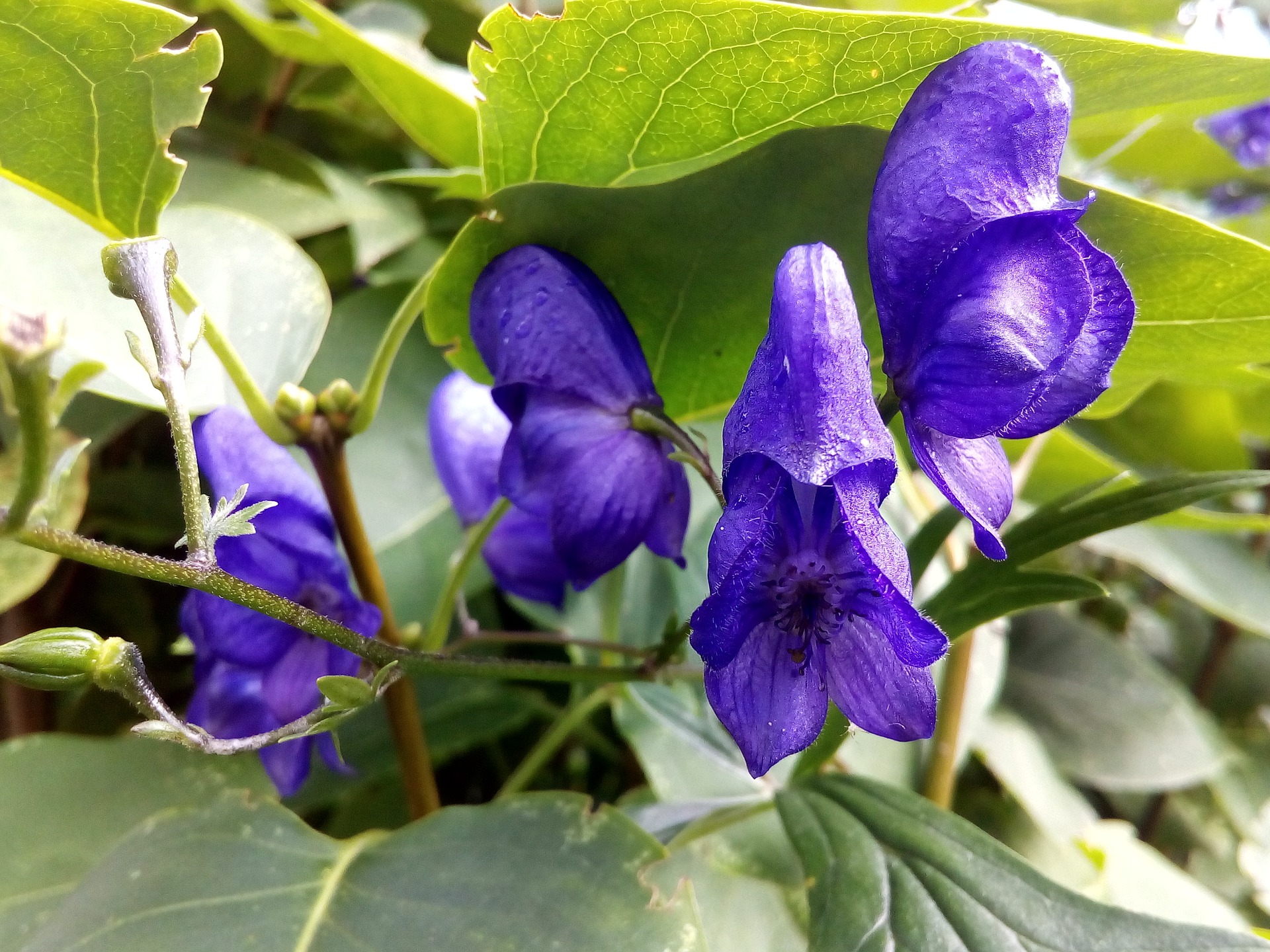Latin: Rubus Idaeus,
Arabic: Toot al-aleeq
Traditional Chinese Medicine (TCM): Fu Pen Zi (translation: “overturned fruit bowl) (Fructus Rubi Chingii)
An “excellent herb … one of the best things for women in labor … it is also much used for relief of urethral irritation and is soothing for the kidneys, urinary tract, and ducts.” (Robert Thomson, in “The Grosset Encyclopedia of Natural Medicine” (1980))
A “tonic.” (Menzies-Trull in "The Herbalist's Prescriber")
An “astringent, tonic, refrigerant, parturient … Raspberry leaves have a long tradition of use in pregnancy to strengthen and tone the tissue of the womb, assisting contractions and checking any haemorrhage during labour. As an astringent it may be used in a wide range of cases, including diarrhoea, leucorrhoea and other loose conditions. It is valuable in the easing of mouth problems such as mouth ulcers, bleeding gums and inflammations. As a gargle it will help sore throats.” (David Hoffman in “The New Holistic Herbal”).
Dan Bensky and Andrew Gamble, in “Chinese Herbal Medicine Materia Medica” say it is, “sweet, astringent, slightly warm … [it] augments and stabilizes the kidneys … assists the Yang and improves vision: for poor vision, sore lower back, and impotence due to Liver and Kidney deficiency.”




















